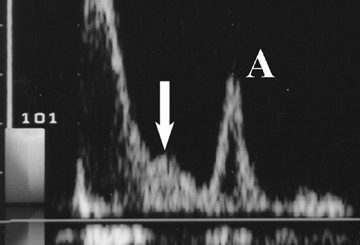Holiday heart syndrome
Contents
- 1 Holiday heart syndrome is also called as –
- 2 All of the following are the causes of holiday heart syndrome EXCEPT –
- 3 All of the following are the changes caused by alcohol in Holiday Heart Syndrome EXCEPT –
- 4 Which is the most common arrhythmia associated with chronic high‐volume alcohol intake?
- 5 For most patients with Holiday heart syndrome only lasts for –
- 6 What % of people again reexperience an episode of Holiday heart syndrome within the next year ?
- 7 Which is the most frequently seen arrhythmia in holiday heart syndrome?
- 8 Child–Turcotte–Pugh score is used for ALL of the following EXCEPT –
- 9 ALL of the following are CORRECT about elevated GGT EXCEPT –
- 10 ALL of the following are TRUE about Holiday heart syndrome EXCEPT –
Holiday heart syndrome is also called as –
A. Alcohol-induced sinus arrhythmias
B. Alcohol-induced atrial arrhythmias
C. Alcohol-induced ventricular arrhythmias
D. Alcohol-induced atrio-ventricular arrhythmias
All of the following are the causes of holiday heart syndrome EXCEPT –
A. Alcohol
B. Caffeine
C. Overhydration
D. Stress
All of the following are the changes caused by alcohol in Holiday Heart Syndrome EXCEPT –
A. Alcohol slow down the Cardiac conduction system
B. Shorten the refractory period of the atrium
C. ATP2A2 enhancer blocked
D. P-wave and QTc prolongation
Which is the most common arrhythmia associated with chronic high‐volume alcohol intake?
A. PSVT
B. Atrial Fibrillation
C. Ventricular Tachycardia
D. Idioventricular rhythm
For most patients with Holiday heart syndrome only lasts for –
A. 12 hours
B. 24 hours
C. 36 hours
D. 48 hours
What % of people again reexperience an episode of Holiday heart syndrome within the next year ?
A. 12 %
B. 26 %
C. 31 %
D. 42 %
Which is the most frequently seen arrhythmia in holiday heart syndrome?
A. PSVT
B. Atrial Fibrillation
C. Ventricular Tachycardia
D. Idioventricular rhythm
Child–Turcotte–Pugh score is used for ALL of the following EXCEPT –
A. Chronic liver disease
B. Prognosis of liver transplantation
C. Predict mortality in cirrhosis patients
D. Pancreatic surgery
ALL of the following are CORRECT about elevated GGT EXCEPT –
A. GGT rises after heavy alcohol intake continued for several weeks
B. GGT levels is used as an indicator of chronic consumption of alcohol
C. GGT never elevates with a single dose of alcohol
D. Clinical utility is good because of rare false positivity
ALL of the following are TRUE about Holiday heart syndrome EXCEPT –
A. Patient develops atrial fibrillation
B. Patient condition is always stable
C. Cardioversion is the recommendation if patient unstable
D. As long as alcohol intake less than 80 mg per day, it may result in reversible cardiac changes





